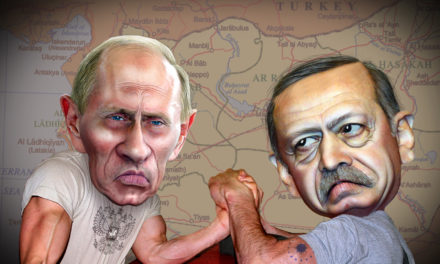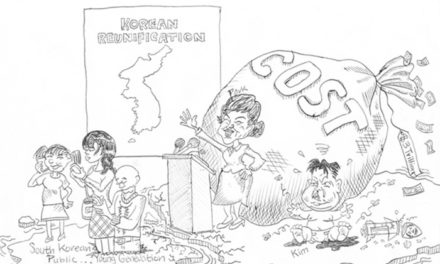Taken as a whole, the Super Bowl is a veritable cultural marvel. It is an internationally-broadcast event that never wants for viewers. This past Sunday, about 108 million Americans watched the Baltimore Ravens (narrowly) beat the San Francisco 49ers. To put that in perspective, approximately 118 million Americans voted in the most recent presidential election, which is to say that Americans care about football almost as much as they care about the way our country will be governed for the next four years. That being said, there is a lot that can be inferred about American culture based on the Super Bowl both as a game and, more broadly, as a phenomenon.
Football is an inherently militaristic sport, which should come as no surprise. Two teams are pitted against each other, and each athlete attempts to incapacitate the other in order for his team to make its way deeper into the other’s territory. Each team must be able to execute or defend against running and passing plays in the same way that a military needs a strong air force and infantry. Third-party mediators, or referees, attempt to settle disputes between the two sides – and are generally looked down upon.
The analogy can be taken much further, but I will stop there because we make no attempts to downplay this obvious militarism. For example, games between two rivals are “battles.” A strong run-game is the “ground attack.” A particularly big offensive lineman is a “tank.” This list also goes on and on.
I won’t hide the fact that I’m a big football fan, nor the fact that I tend to be a pacifist. How, then, do I reconcile the two? Simply: A sport is no war. I trust most Americans also recognize the difference between the two. While football may very well be a manifestation of our inherent belligerent tendencies, it is a far cry from its much more serious relative.
There is, however, a disturbing juxtaposition between football and the American military which erodes this distinction and presents some problems. I don’t see anything inherently wrong with singing “The Star-Spangled Banner” before a large American sporting event, but going so far as to glorify American imperialist ambitions abroad is another matter entirely.
There ought to be a line between a relatively harmless sport and the celebration of American military intervention around the world. All too often, sporting events like the Super Bowl cross this line.
Of course, not everybody watches the Super Bowl for the game. One of the most popular aspects of the Super Bowl is what takes place between the action: the beloved advertisements. For most corporations, the Super Bowl is the most effective way to simultaneously reach one-third of the United States population in a span of about 60 seconds. That these advertisements are wildly popular should not be surprising either, considering the massive consumer culture in which we live. Granted, Super Bowl ads are meant to be fun and entertaining (as they often are), but at the end of the day they are tailored to convince everyone to buy something. Perhaps just as anticipated as the ads and the game is the halftime show, which has become a survey of some popular American artists’ most popular songs.
That the Super Bowl is broadcast around the world indicates the cultural hegemony which the United States enjoys internationally. About 200 other countries tuned in to America’s third-most-watched show ever, despite the fact that American football is not nearly as popular around the world as it is in the United States.
The Super Bowl manages to combine the three things which, for better or for worse, comprise a significant part of American culture: militaristic patriotism, consumerism disguised as entertainment, and popular music. Its popularity is no amazement. It is well established that Americans love football, music, food, beer – each of which may be enjoyed in abundance during the Super Bowl. The deeper cultural underpinnings of the game, however, suggest that while American influence may be strong, capitalism and the military-industrial complex dominate even our most prized pastimes.
William Hupp is a College sophomore from Little Rock, Ark.
The Emory Wheel was founded in 1919 and is currently the only independent, student-run newspaper of Emory University. The Wheel publishes weekly on Wednesdays during the academic year, except during University holidays and scheduled publication intermissions.
The Wheel is financially and editorially independent from the University. All of its content is generated by the Wheel’s more than 100 student staff members and contributing writers, and its printing costs are covered by profits from self-generated advertising sales.




